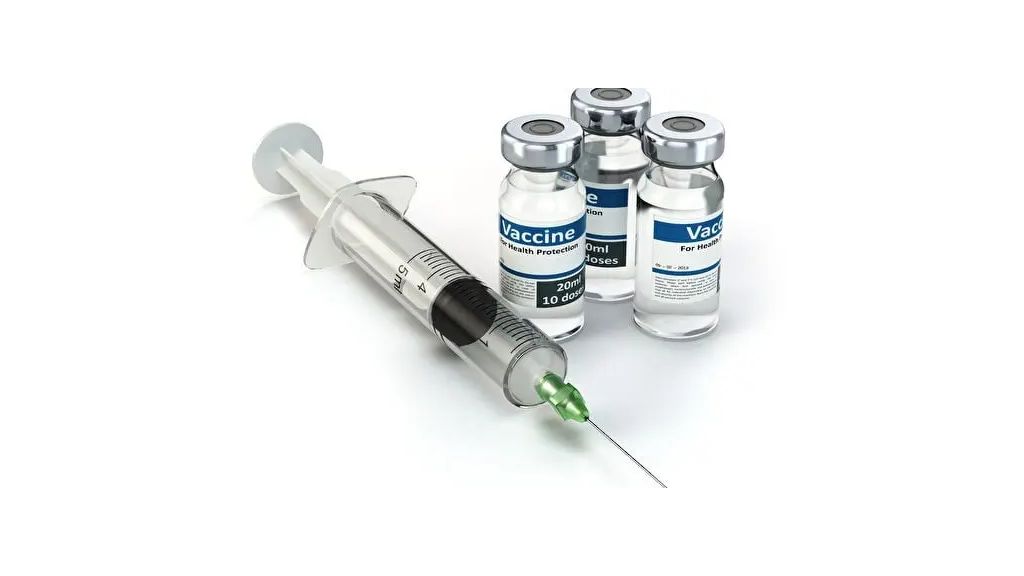As the rate of vaccination increases so has the incidence of GBS—particularly after viral vector-based vaccines such as AstraZeneca.
As the vaccination rate continues to rise, an increasing number of side effects are being reported. Research indicates that COVID-19 viral vector-based vaccines increase the risk of Guillain-Barré syndrome (GBS) by three to four times compared to mRNA-based vaccines.
The Link Between Vaccines and Guillain-Barré Syndrome Risk
Increasing evidence suggests an association between COVID-19 vaccines and Guillain-Barré Syndrome. One study revealed an increase in GBS cases within 42 days of receiving the first dose of the AstraZeneca vaccine. The researchers suggest a potential link between the AstraZeneca vaccine and the increased risk of GBS.
In March, a prospective surveillance study published in Scientific Reports indicated that out of 38,828,691 doses of COVID-19 vaccine administered in Gyeonggi Province, South Korea, between February 2021 and March 2022, 105,409 adverse events were reported, including 55 cases of GBS.
After assessing the risk factors for GBS following COVID-19 vaccination, it was found that viral vector-based vaccines were linked to a three-to-fourfold higher risk of GBS compared to mRNA-based vaccines.
In terms of age and gender, the incidence of GBS was higher in individuals aged 60 and older compared to younger age groups, and it was more common in men than women.
Based on a vaccine mechanism evaluation, the incidence rate of GBS for viral vector-based vaccines was 4.49 cases per million doses, higher than mRNA-based vaccines (Pfizer and Moderna) which had an incidence rate of 0.80 cases per million doses.
The researchers are urging health care providers to closely monitor individuals following COVID-19 vaccination, especially men who received their first dose of viral vector-based vaccines.
Onset of GBS Following COVID-19 Vaccination
In 2021, the British Medical Journal published a case study in which a 48-year-old man from Malta experienced facial paralysis on the left side of his face 10 days after receiving the first dose of the AstraZeneca vaccine. He was diagnosed with Bell’s Palsy grade III and received treatment with prednisolone, an oral corticosteroid, as well as eye drops and eye care.
By Ellen Wan







